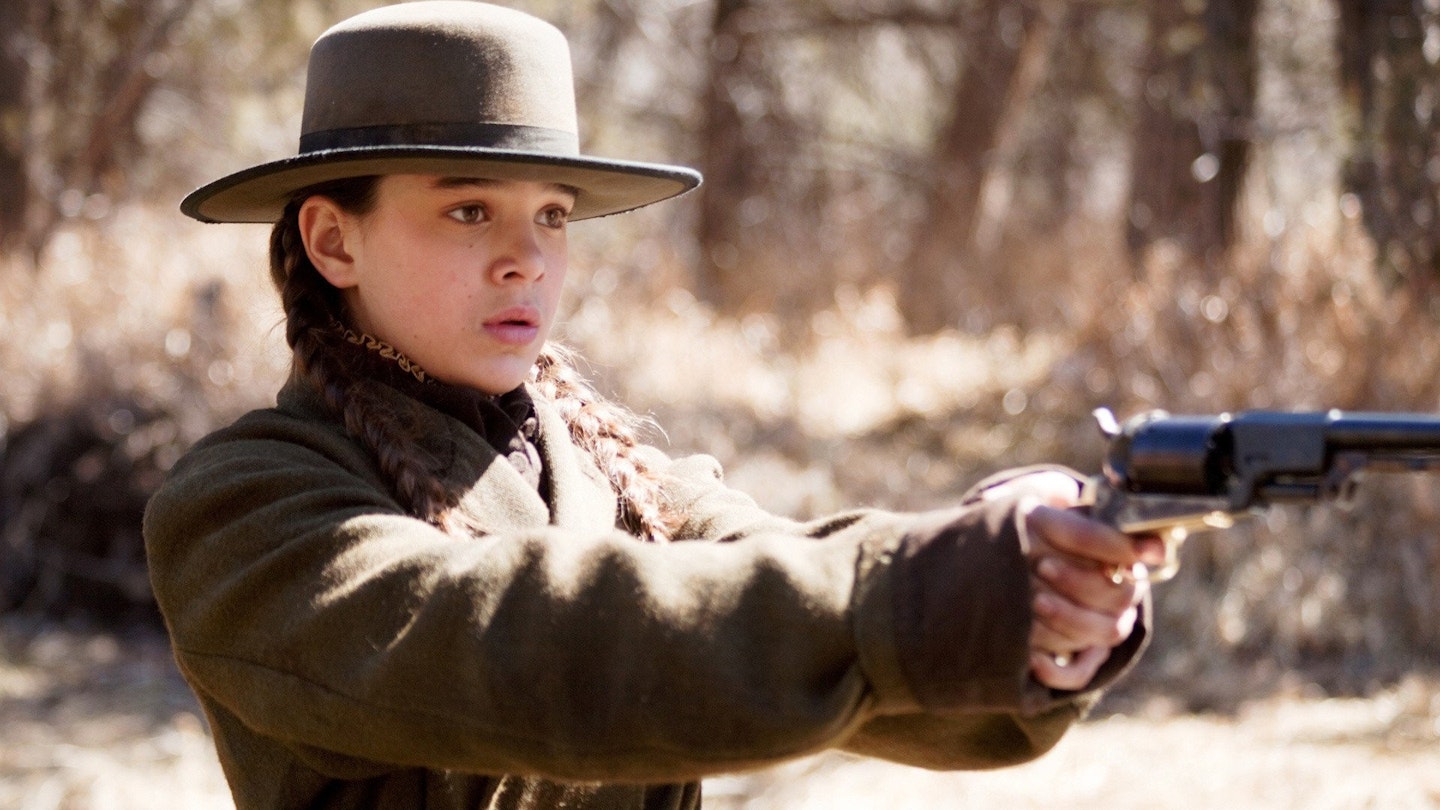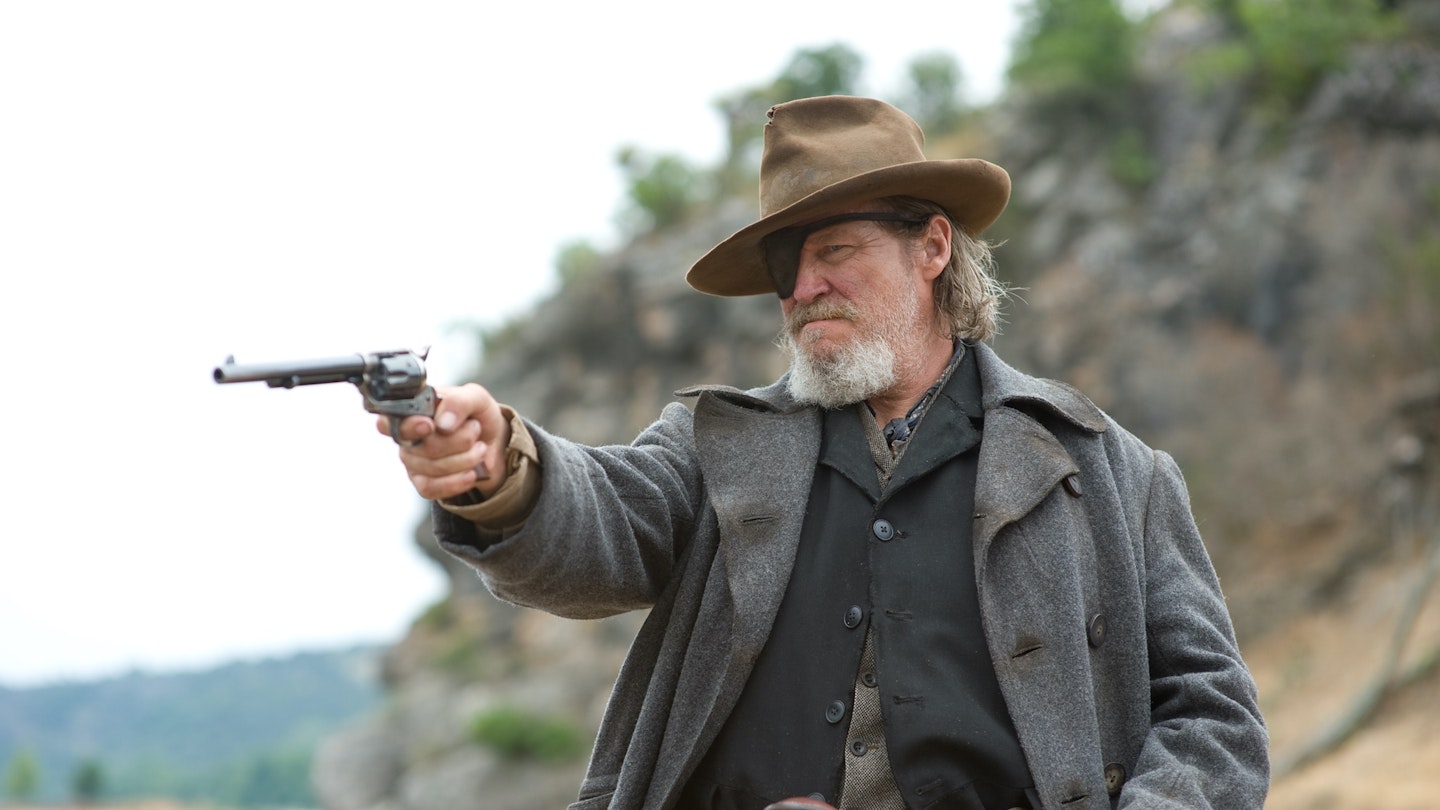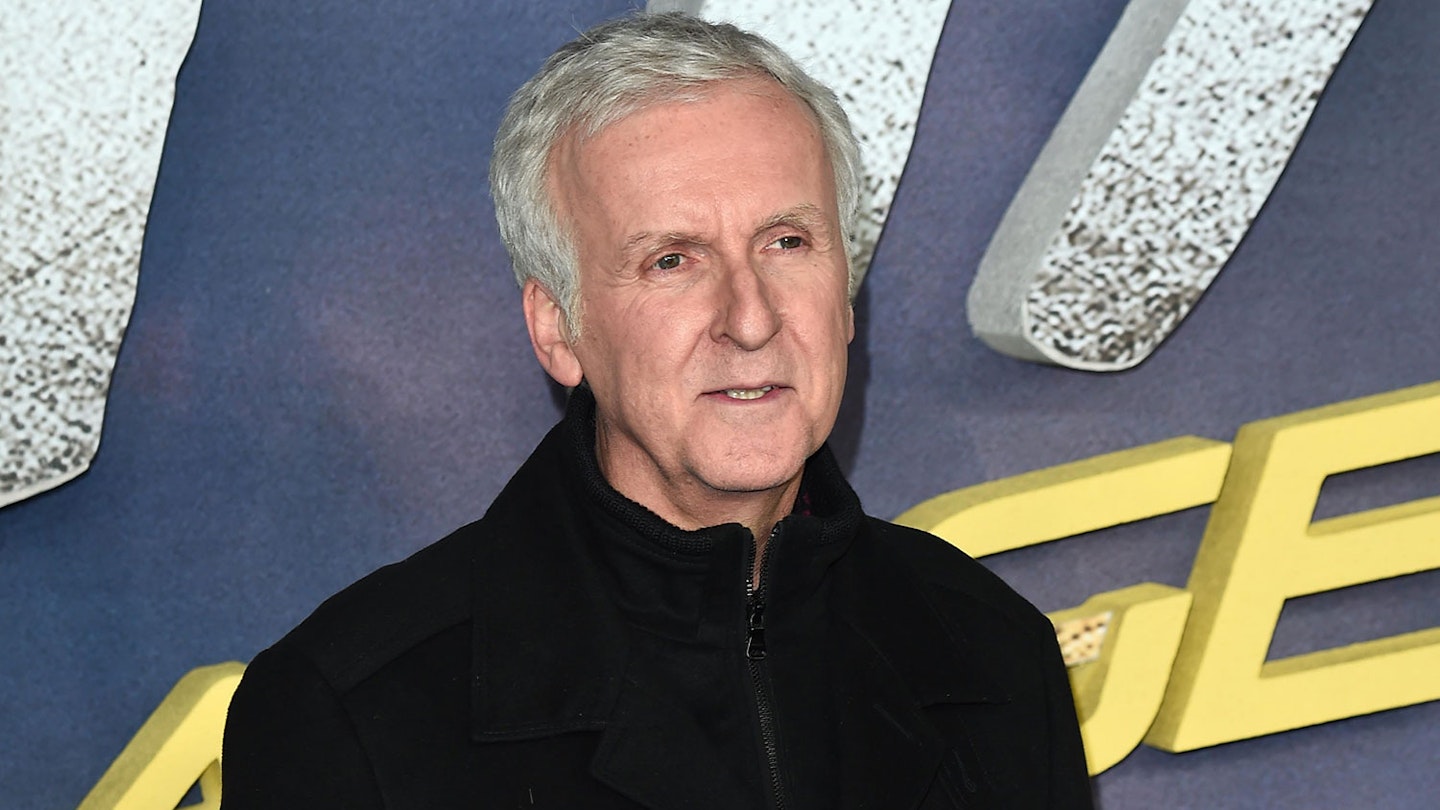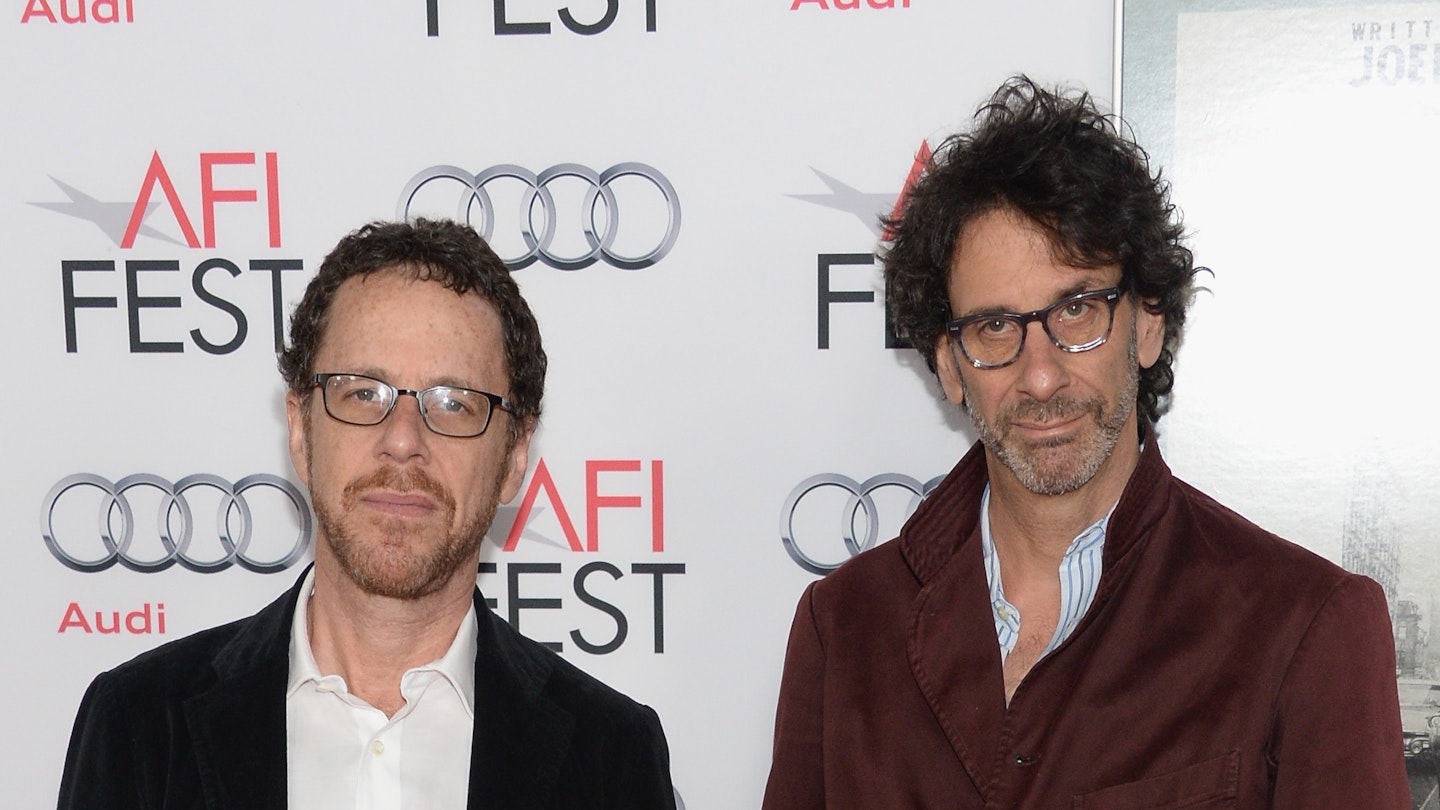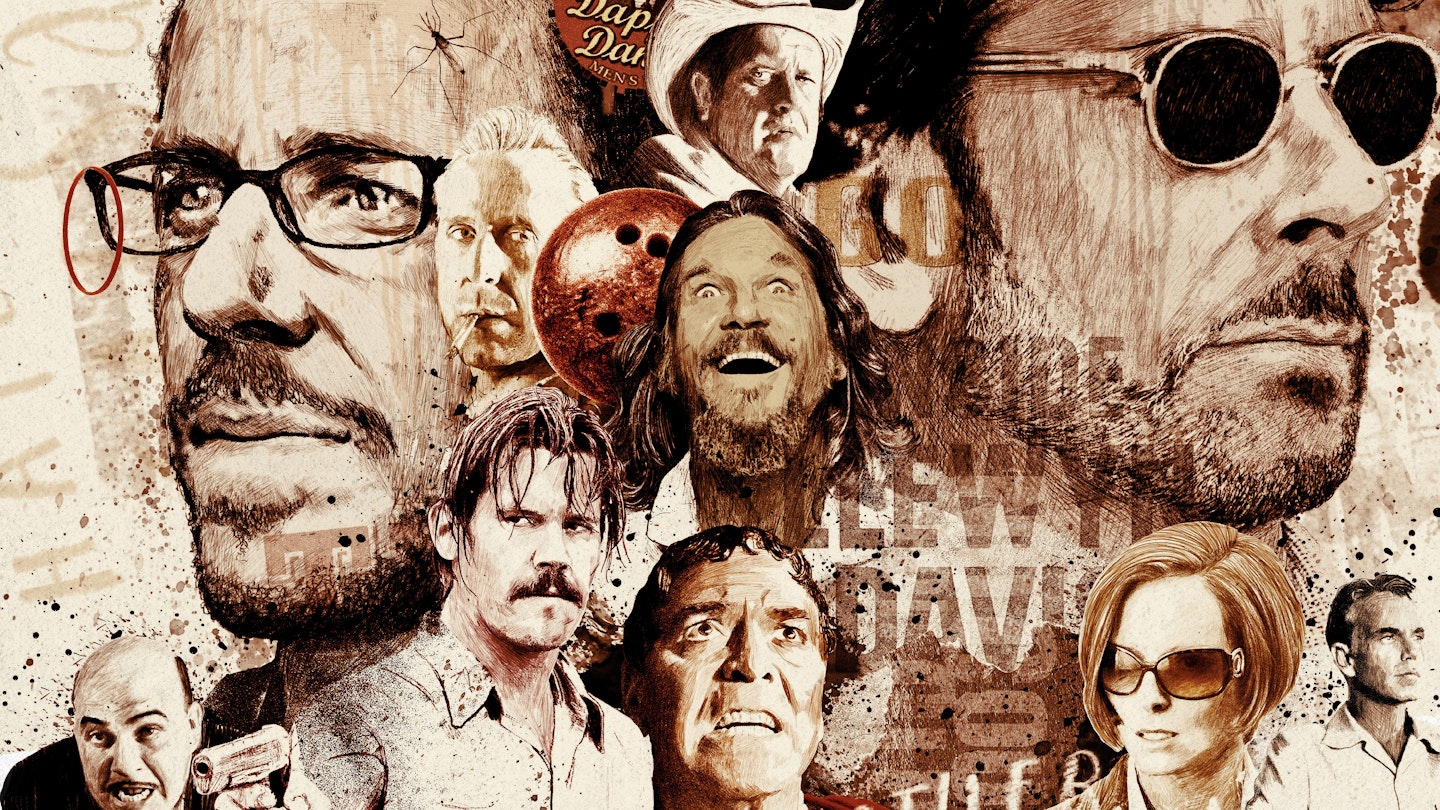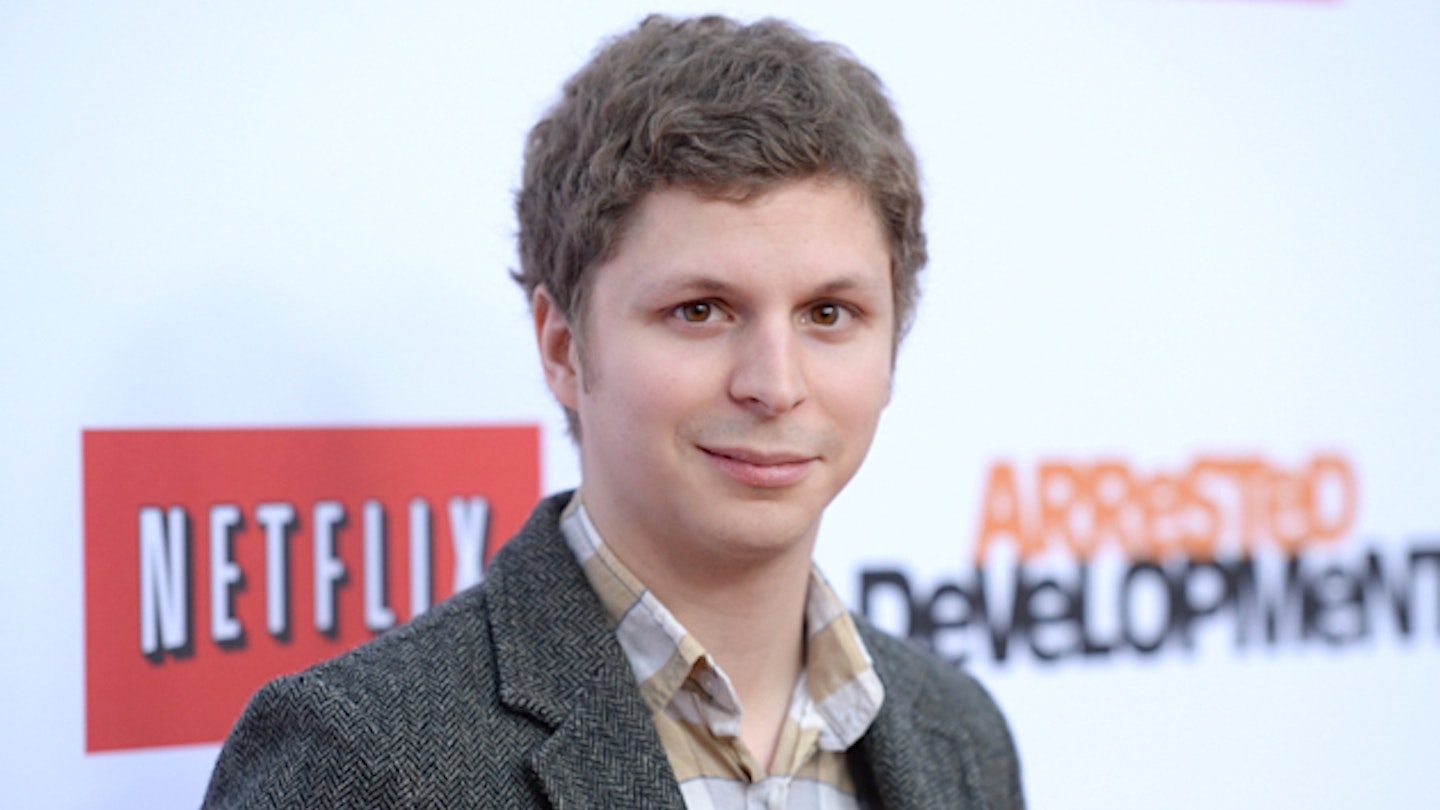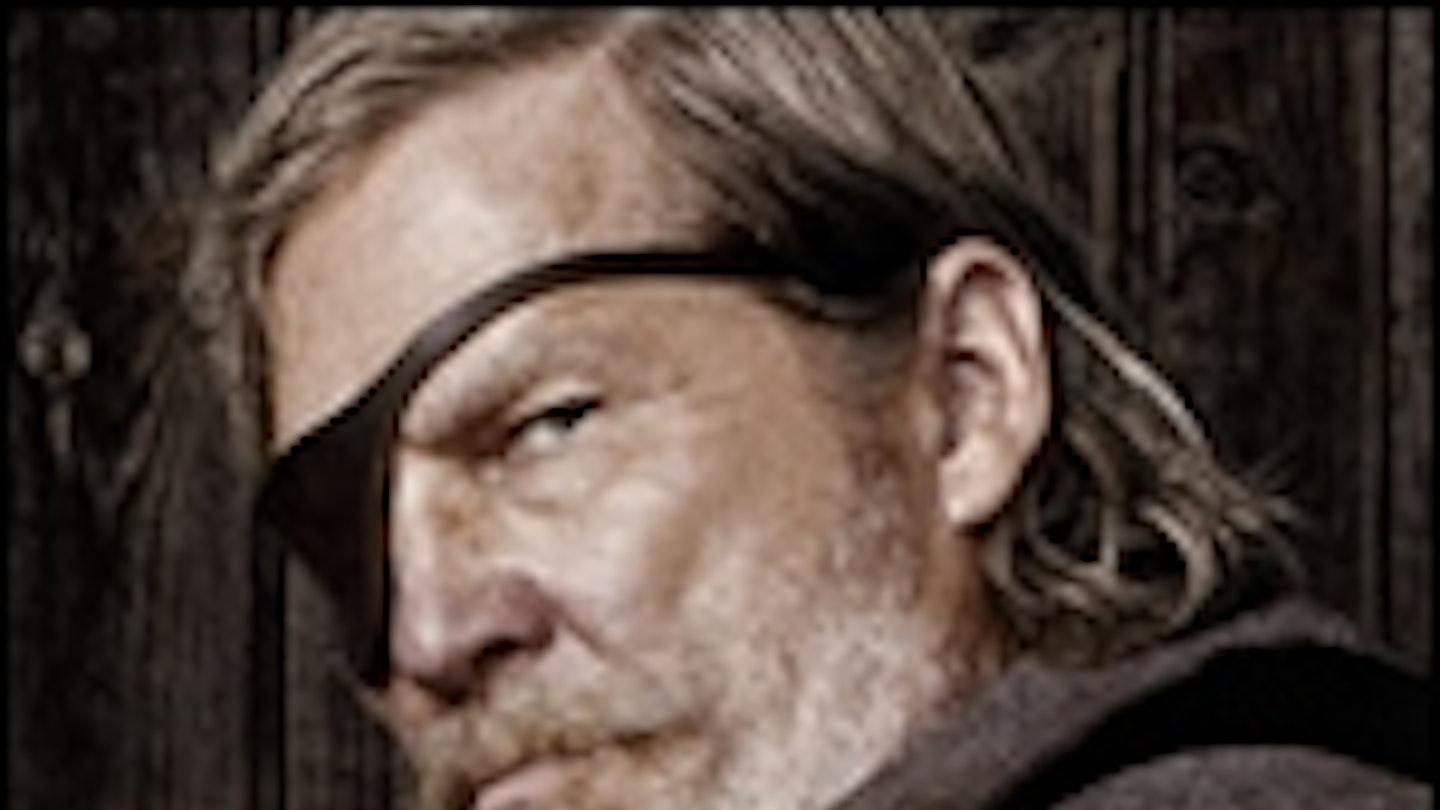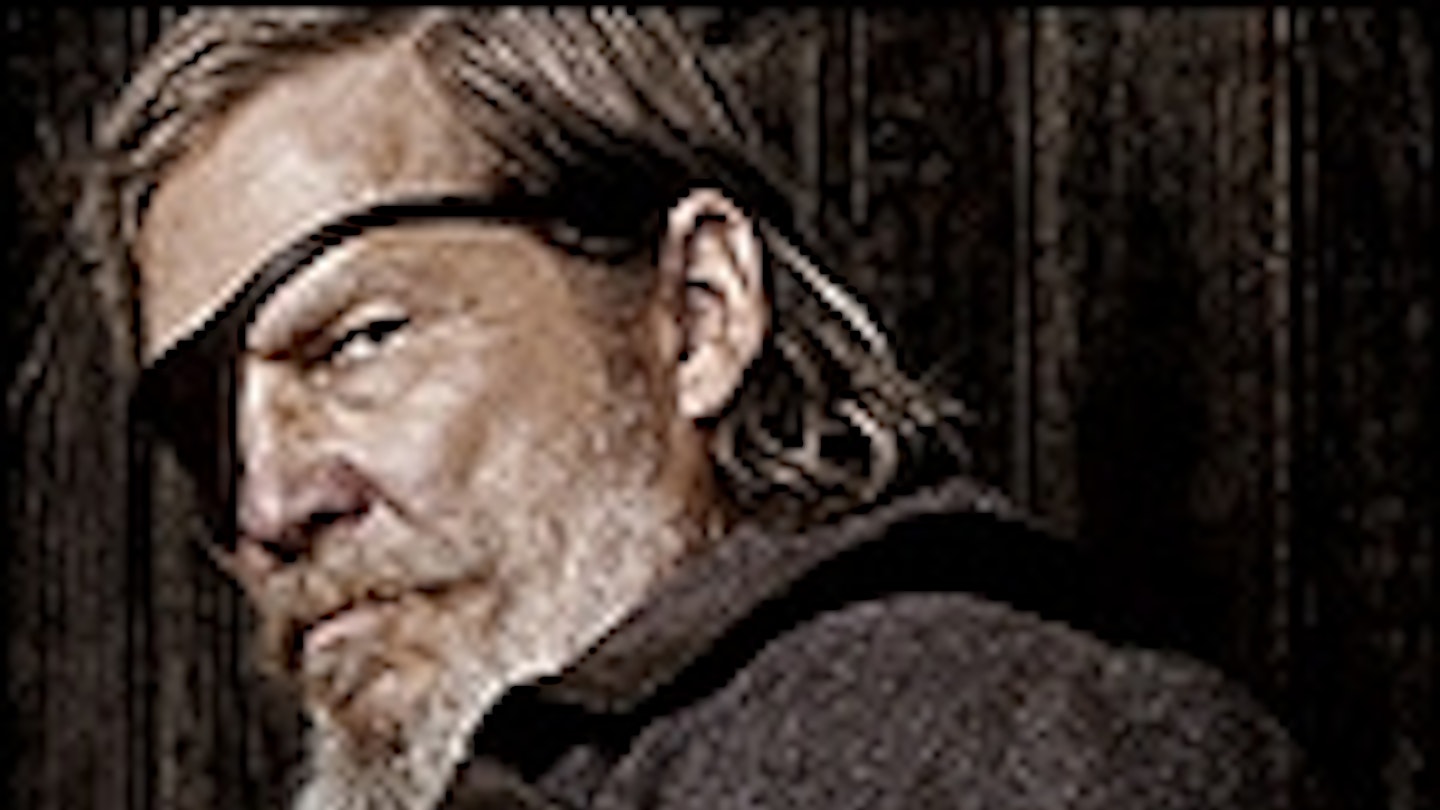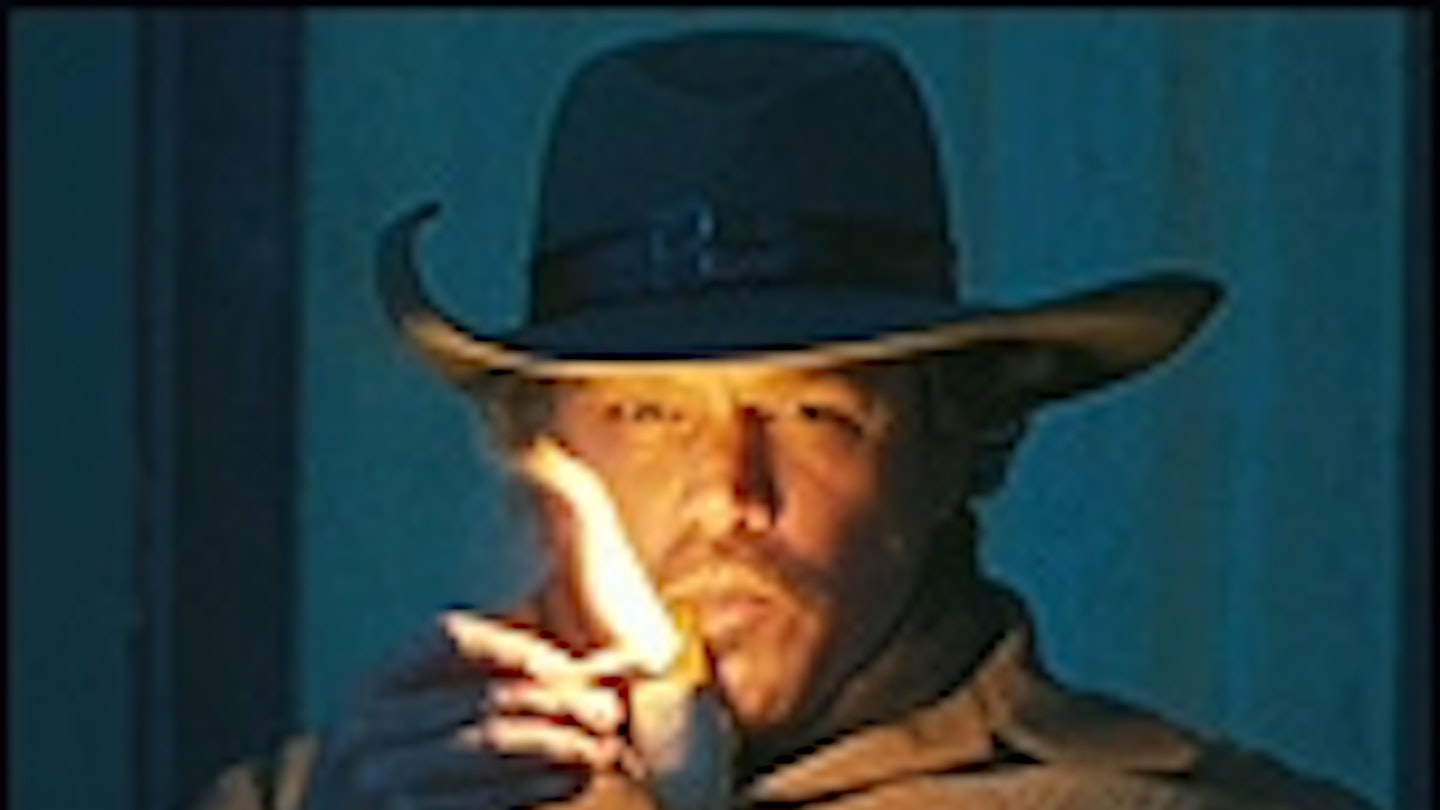The Coen Brothers have done it again, and never more exquisitely. At long last Coen devotees who have yearned to see them make an honest-to-goodness, rootin’ tootin’ Western can attain Movie Nirvana. Okay, No Country For Old Men is a Western, but a cruelly contemporary one; this time out we are taken back to around 1880, when the Choctaw Nation had not yet become Oklahoma, and there are horses and six-guns, outlaws, vigilantes and horse traders, a craggy lawman who is a law unto himself and a Texas Ranger wearing spurs that jingle jangle. True Grit is majestic, not just the stuff of a classic Western but an epic quest with Biblical and mythical tones. And heart.
It was inevitable in the 1960s that Charles Portis’ phenomenally popular True Grit, a wonderful and irresistibly cinematic novel that originated as a serial published in the mainstream American weekly magazine The Saturday Evening Post, should be made quickly into a film. At the time, one couldn’t have hoped for better than veteran director Henry Hathaway, with John Wayne as Rooster Cogburn at last roaring his way to the Oscar for Best Actor. Honestly, though, the 1969 True Grit is not a great film and certainly not as good as the book. It has great, iconic moments, chiefly the “one-eyed fat man” charging four outlaws at a gallop and the indelible final freeze-frame image of Wayne and his favourite horse, Ole Dollar, jumping a fence to immortality. It has Robert Duvall and Dennis Hopper. But the casting of pop-charting country singer Glen ‘Rhinestone Cowboy’ Campbell as Texas Ranger La Boeuf (pronounced La Beef) was someone’s unfortunate concession to ‘trendiness’ with a misguided suggestion of ‘romantic interest’. Kim Darby, though a nice enough young actress, was in her twenties and a mother when she played Mattie Ross with her breasts strapped flat and a tomboy’s crop instead of the neatly austere long plaits indispensible to the dour child conjured by Portis. (It could have been worse: Darby was a late replacement for Mia Farrow.) In any case, the adaptation was turned into Wayne’s rousing showcase.
Joel and Ethan Coen, in returning to the novel, have achieved the same thing they did so brilliantly with Cormac McCarthy’s No Country For Old Men; they have been remarkably true to the novel while also rendering it unmistakably Coen-esque. They have mined from Portis every possible wry, dry, absurd or twisted nuance of story, dialogue, incident and character. Crucially they have been mindful that this is Mattie Ross’ story. It is about the most significant experience and relationship of her life, a journey on which a stubborn, resolute child from Yell County, Arkansas, witnessed the depraved violence, the heroism and the loving comradeship of which humanity is capable. The odyssey is recounted by Mattie decades later, with her final observations serving as a wistful coda for the Wild West itself, when its memory and monumental men had diminished into travelling-circus entertainment.
The Dude is his own inimitable man, with no need to try to fit into The Duke’s boots. The man Pauline Kael considered “the most natural and least self-conscious screen actor that’s ever lived” invests Rooster with a rascally unpredictability that is signature Jeff Bridges. He’s a hard-drinking, cantankerous, trigger-happy slob at seeming ease with himself. It is all the more affecting, then, to watch his Rooster expose himself emotionally, gradually sufficiently touched by young Mattie’s pluck and grit to confide old sorrows entombed in a shrivelled but still beating heart. The chemistry Bridges achieves with 14 year-old, bright-as-a-button newcomer Hailee Steinfeld is magical. She, whose toughest challenge may have been keeping a straight face and sustaining the character’s sombre demeanour, makes Mattie endearing despite her precocious moral certitude and righteous indignation. From the early scene when she outmanoeuvres a wily horse trader with fast talking, daunting maturity and brain-boggling calculation, the girl has the film wrapped around her little finger. When, left behind by Rooster and La Boeuf (Matt Damon) out of concern and condescension, she plunges her horse into a river and struggles across to catch them, it is hard not to cry at Mattie’s courage. Later on, there is no question of not crying.
The language is tirelessly amusing and charming for its sadly obsolete, curiously poetic elegance, a reminder — like the startlingly lyrical letters poor farm boys wrote home from Civil War battlefields — that isolated 19th century American rural folk often learned their ABCs from the one book every home had, the King James Bible. Not one contraction is to be heard in the film, and strong insults are along the order of, “The love of decency does not abide in you!”
Bridges, Josh Brolin and even the unseen J. K. Simmons as the voice of the family lawyer, J. Noble Daggett, invoked by Mattie as her trump card in her brisk business negotiations, are returning Coen hands. Damon fits gracefully into the Coen company as the cocky galoot who attaches himself to Mattie’s undertaking with a rival, prior claim to the fugitive Chaney, wanted in Texas for the murder of a senator, and a career-maker for La Boeuf if he brings him back. Barry Pepper is a revolting treat as outlaw ‘Lucky’ Ned Pepper (no relation!), and gets the legendary scene, taunting Rooster with “Bold talk for a one-eyed fat man!”, which as Last Words go surely qualify as Famous. Yet again a Coen cast is full of the most wonderful faces, from the stars to the background players and extras, from three miscreants about to be hanged to two small Indian boys unfortunate enough to be in Rooster Cogburn’s peripheral vision and reach when he’s in a mood. The film is full of small details that are gems, like the telling shot of La Boeuf’s dandy spurs or the fantastically surreal entrance of a character who happens to be dressed entirely in a bearskin — head included — and proudly explains he practices dentistry and has procured the corpse draped across his saddle from an Indian “for two dental mirrors and a bottle of expectorant”.
British cinematographer Roger Deakins, who by now is collaboratively a third Coen brother, sure makes purdy pictures, and uses the novel’s winter setting to glorious advantage. Cogburn’s last line — the cry, “I have grown old!” — reverberates with grief, rage, frustration and defeat across the most majestic of snowy, starry, silent nights. Composer Carter Burwell, who has scored every one of the Coens’ films, delicately incorporates the late 19th century hymn Leaning On The Everlasting Arms as a recurring theme (it was sung by Robert Mitchum in Night Of The Hunter; is this a homage?). That song of praise begins with the words, “What a fellowship, what a joy divine.” Which neatly describes the film.
